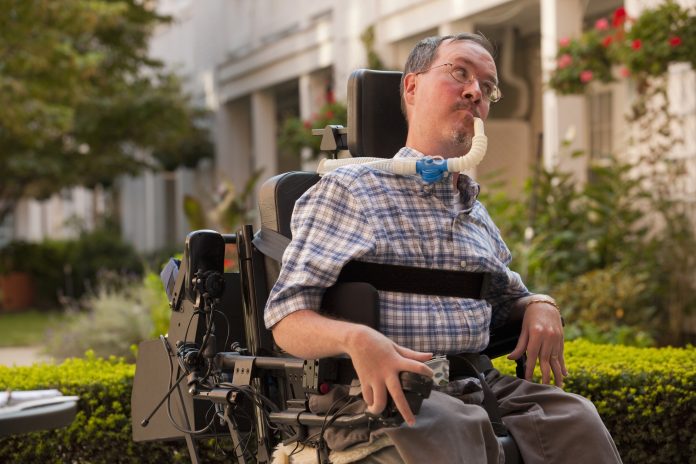
A research team led by the University of Portsmouth in the U.K. has discovered that the Duchenne muscular dystrophy gene DMD is expressed differently in a range of different cancers in addition to causing the inherited degenerative muscle disease.
As reported in the journal Cancers, they found that many cancerous tissues have reduced levels of the DMD transcription and protein expression.
Duchenne muscular dystrophy is caused by mutations in DMD, which encodes an important protein needed for maintaining muscle structure called dystrophin. It is often inherited in a recessive fashion, but can also occur as a spontaneous germline mutation. It is located on the X chromosome and therefore mostly affects males.
Although most cases of the condition are predominantly musculoskeletal in nature, Duchenne muscular dystrophy can be caused by multiple different mutations (mostly deletions of part of the gene) and is somewhat heterogeneous. For example, some cases of the condition impact the brain and can cause conditions such as ADHD and learning disorders, as well as short-term memory loss.
Prompted by recent findings that dystrophin expression is abnormal in a number of different tumor types, Darek Gorecki, a professor from the School of Pharmacy and Biological Sciences at the University of Portsmouth, and colleagues decided to investigate this apparent link in more detail.
The team assessed transcriptomic, proteomic, and mutation data collected from a group of 50 tumor samples, including those taken from breast, ovarian, and gastrointestinal cancer patients, and matching tissue controls.
The researchers found that 80% of these tumors had reduced DMD gene expression. “Importantly, we found that reduced DMD expression across different tumors was associated with reduced patients’ survival and higher tumor stage,” write the authors.
Notably, non-cancerous tissues had normal levels of the DMD protein. The researchers write that DMD expression was reduced due to transcriptional downregulation and not somatic mutations.
“The findings that the DMD gene has a role in tumors, expands the growing evidence of its significance beyond Duchenne muscular dystrophy,” said Gorecki in a press statement.
“Our data suggest that more attention should be given to the subtler DMD gene functions, beyond those causing the main symptoms of Duchenne muscular dystrophy. Such studies have a potential to identify new therapeutic targets for the treatment of this debilitating and still incurable disease. Moreover, given the poor survival rate of patients with tumors downregulating dystrophin, the DMD gene may be important in oncology,” conclude the authors.











